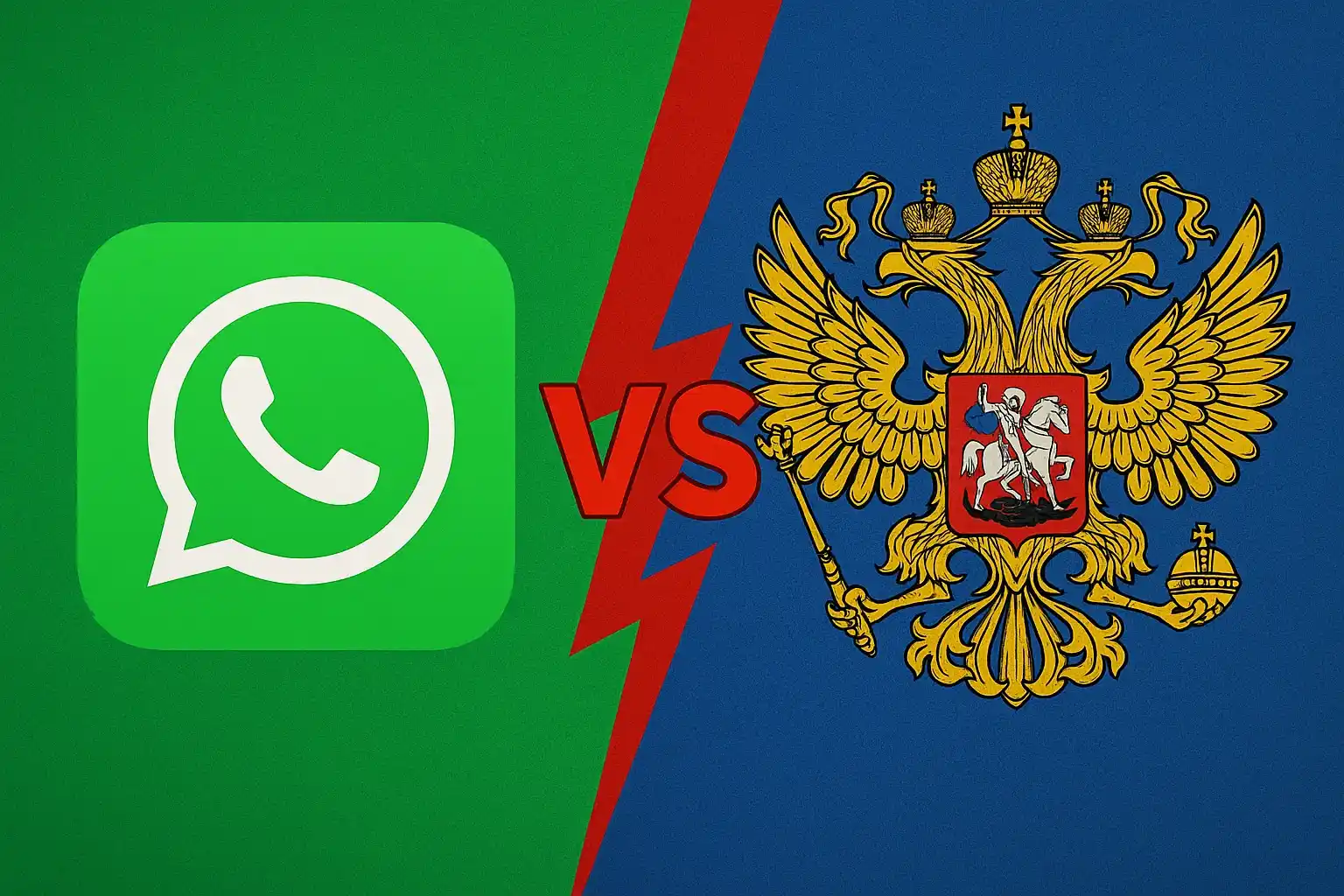WhatsApp, owned by Meta, has announced it will not cease providing its services to Russian users despite the Kremlin’s attempts to limit the app’s functionality.
According to the state-run TASS news agency, citing Russia’s media watchdog Roskomnadzor, the regulator has begun taking measures to block calls on WhatsApp and Telegram. The agency stated that the restrictions are being introduced “to counter criminals” and “in accordance with materials from law enforcement agencies.” The measures involve a “partial restriction of calls in foreign messengers,” the regulator explained.
In an official statement, WhatsApp emphasized that all communications on the platform are protected by end-to-end encryption, making third-party interference — including by state authorities — impossible. The company believes this protection is the main reason behind the blocking attempts:
“End-to-end encryption makes it impossible for authorities to interfere and undermines attempts to deprive people of their right to secure communication. That’s why Russia is trying to block the service for more than 100 million Russian users,” the statement said.
WhatsApp representatives also stressed they will continue to do everything possible to keep the app accessible worldwide, including in Russia.
Efforts to restrict messenger services in Russia are nothing new. In 2022, Moscow permanently banned Facebook — also owned by Meta — after the social network restricted access to state-controlled media. Meta at the time described the move as an act of censorship.
Telegram, founded by entrepreneur Pavel Durov, responded to reports of potential restrictions by stating that it already has measures in place to combat harmful content, fraud, and calls for sabotage or violence. These statements were provided to Russian media.
Thus, the Russian authorities’ attempts to bring communication platforms under control are met with strong resistance from international tech giants, for whom user privacy remains a key policy priority.
This article was prepared based on materials published by Politico. The author does not claim authorship of the original text but presents their interpretation of the content for informational purposes.
The original article can be found at the following link: Politico.
All rights to the original text belong to Politico.


















